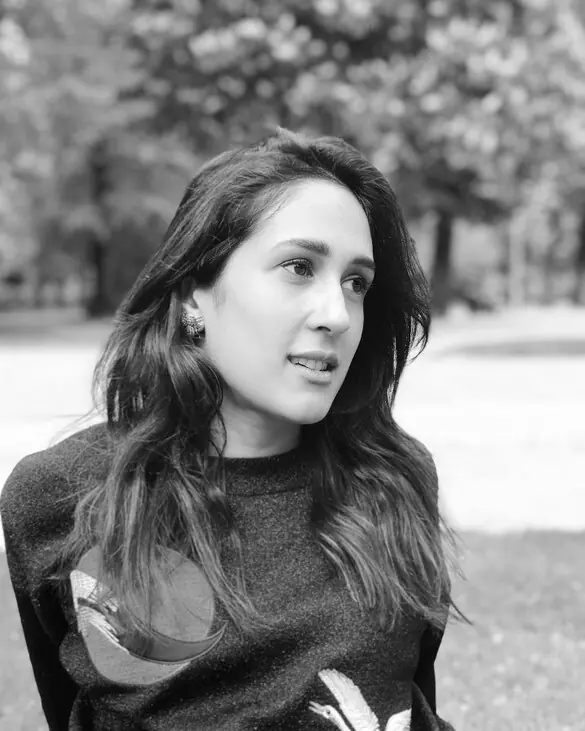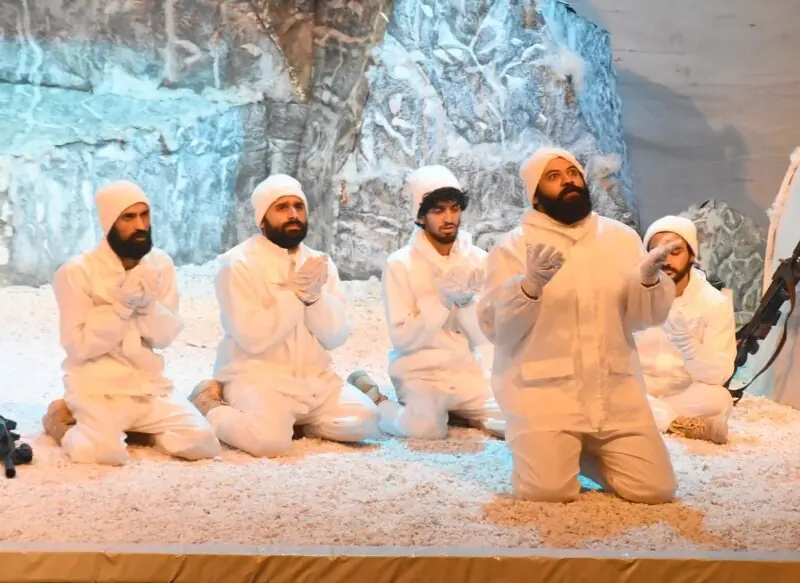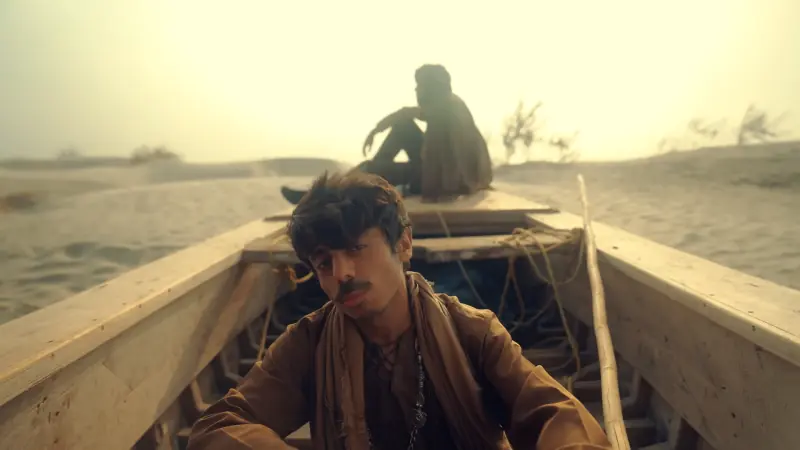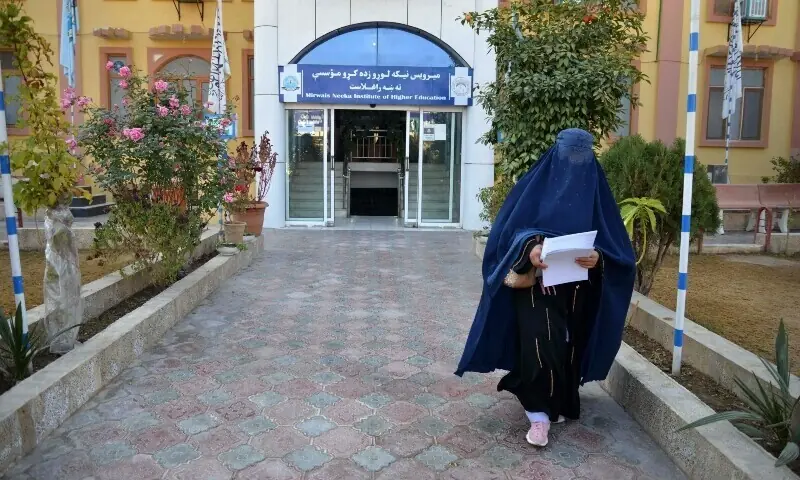Diriliş: Ertuğrul actor Engin Altan Duzyatan credits Pakistanis for his global popularity
Turkish actor Engin Altan Duzyatan, who played Ertugrul in the renowned Turkish series Diriliş: Ertuğrul, credited Pakistan and its people for making him popular outside Turkiye.
During a conversation between him and actor Nurgul Yesilcay at the Red Sea International Film Festival, Duzyatan said audiences from Turkiye and the rest of the world were similar but after starring in Ertugrul, he realised that people gave the show special attention.
He maintained that it was more popular in the rest of the world, especially in Pakistan, when compared to Turkiye. “[The] people of Pakistan have so much love for this character. Viewers may be similar across the world but it’s a different ballgame in Pakistan,” Duzyatan said.
Speaking about the character’s influence on his personal life, Duzyatan said the role didn’t change him. Still, he said, it influenced him just as he influenced the character, explaining that there was just one page about Ertugrul in history books. Since there wasn’t much known about him, he also influenced the role while he worked on the show.
“Though every role is important to me, Ertugrul was special as it made me popular across the world. Besides, playing the role involved performing different stages of the character’s life.”
Talking about his favourite character, he said he had been acting since the age of 15 and was a professional actor since age 20. He expressed his desire to play the character of Mustafa Kemal Ataturk at some point in his life.
When asked whether he was surprised at being invited to the film festival in Saudi Arabia, Duzyatan replied that he felt honoured since it was such a big festival.
“Movies bring people from different countries closer. In times of wars and conflicts, here we are talking of love and movies, and they make people happy.”
Commenting on his shift from acting to producing, the Turkish actor said that after a while, one feels that “acting is not enough as you act on somebody else’s ideas and you are a small piece in a large project. You want to develop and show your own stories.”
Duzyatan produced two documentaries before embarking on bigger projects, stating that production required as much creativity as acting.
Talking about the difference between television and film performances, he said a character in a series was not as deep as in a movie due to time constraints, especially since movies delved deeper and had a greater impact on the artist.
When asked whether he found any role challenging to play, Duzyatan mentioned a series called Jannat where he played the role of a person suffering from psychosis.
Yesilcay, on the other hand, said that in Adam and the Devil she played the role of a deaf person which she found difficult. She said she trained in theatre and played different characters at various places, therefore she never felt a difference between movies and television dramas.
She added that she did theatre last year after a break and fainted on the stage, developing a phobia. “I would go back to the theatre after overcoming my phobia.”
Yesilcay said she worked with acting coaches for roles in the new series. “After every drama, I do other things like painting before going back to acting.”
Documentary on Turkish dramas
After the session, a documentary on the rise of Turkish television shows was screened. Duzyatan and Yesilcay who were among its cast watched the film with the audience.
Titled Tales on the Banks of Bosphorus, the documentary showed how the Turkish drama industry rose from just $300,000 to $1 billion. It featured some of the biggest names from the Turkish entertainment industry.
Directed by Zeina Sfeir, the documentary highlighted how the rise of Turkish dramas began after one was telecasted in Azerbaijan for the first time. This was followed by a proliferation in its popularity in the Middle East and North Africa after 1001 Nights was aired in the region in 2008. Subsequently, Turkish dramas started airing in central Europe.
According to the documentary, Turkish dramas are now watched in approximately 150 countries across the world, including South America and East Asia. The industry is growing further by the day and one of its reasons is the background music and dubbing in local languages.















Comments